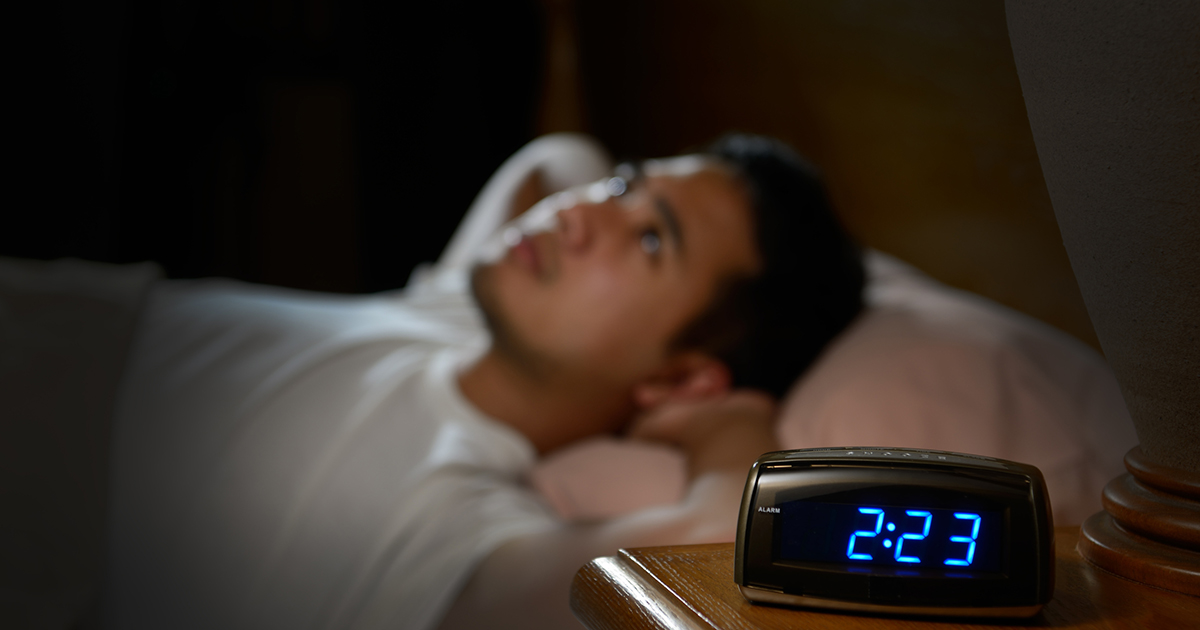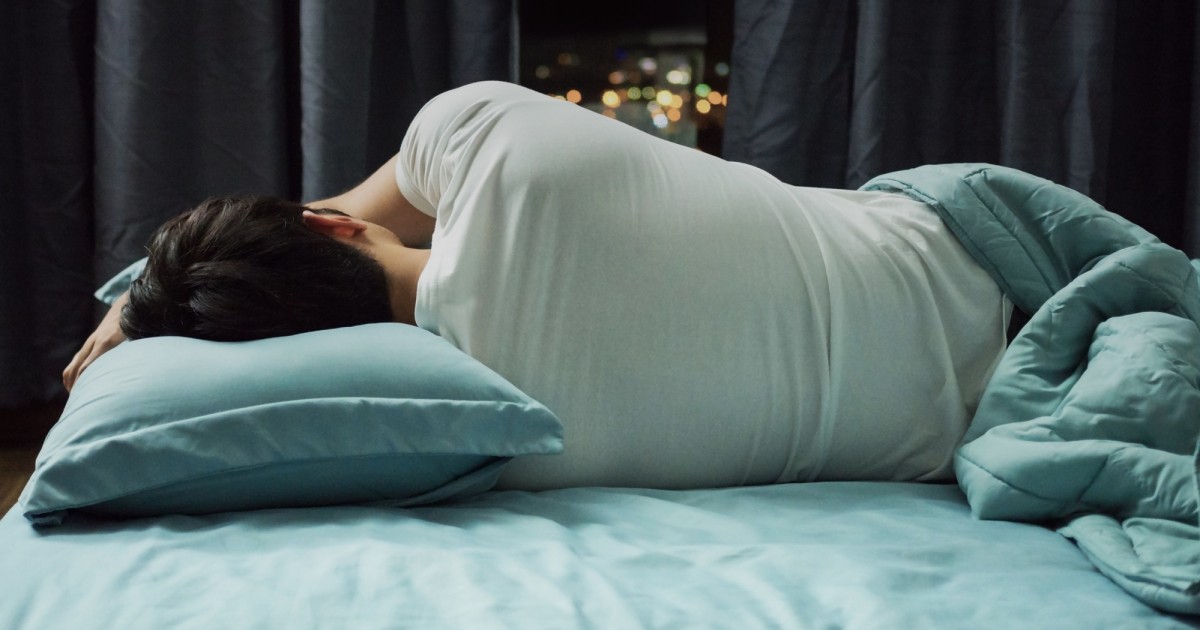How To Treat Night Terrors
While almost everyone has had nightmares throughout their lives, those unlucky enough to have experienced a night terror know it is an experience not easily forgotten. Though individuals tend to remember their nightmares, those who have suffered from a night terror only remember the feelings of fear and panic, coupled with an inability to get sleep, that come along with them. Night terrors are more common in children than adults, but when they occur in adulthood, there is an increased possibility of harm through sleepwalking, as well as increased drowsiness the following day. While professionals should be consulted in the case of continuing night terrors, the occasional episode can be largely avoided by following certain treatments. Learn about these now.
Engage In Stress Relief

One of the most important steps that can be taken to reduce the likelihood of night terrors is to reduce stress. Stress can very easily manifest itself at night, as it has no problem working its way into the subconscious. Additionally, many long-term physiological symptoms of stress are themselves also symptomatic of night terrors; shared symptoms of stress and night terrors include higher blood pressure, restlessness, and depression, none of which anyone is likely to want to endure regardless of the prognosis. While no causation relationship has been definitively proven, it is nonetheless worth taking steps to eliminate extra stress. As a result of this, it is important for individuals who suffer from night terrors to engage in stress relief every night, especially before going to bed. Doing so will both directly and indirectly contribute to a significantly lower risk of night terrors, as well as provide the individual in question to benefit from other benefits of such relief.
Uncover more treatments for night terrors now.
Underlying Condition Treatment

Finding a way to provide treatment for the underlying condition will also greatly help improve outcomes related to night terrors. While a considerable number of night terrors have roots linking back to stress, this does not always mean stress relief itself is enough to prevent them. Instead, individuals should find a way to treat the root of the problem.
For some, treating the underlying condition could be as simple as to make sure certain triggers, either environmental or dietary, are avoided. For others, such a step may instead require pursuing professional help to lessen the likelihood of night terrors. Such assistance may guide a patient to methods that will allow them to reduce the likelihood of sleepwalking and generally enter a more restive place during sleep. It is important to note some of this assistance may well take the shape of not only therapy, but also pharmaceutical options. In that case, it is imperative to ensure the care provider is aware of any other medications or supplements the patient takes, no matter how irregularly.
Keep reading for more tips on treating night terrors.
Anticipatory Awakening

As a general rule, night terrors are creatures of habit, meaning if the cycle of the terror can be broken there is a considerably decreased likelihood of it occurring again. The use of a specific practice known as anticipatory awakening draws upon this knowledge to break the cycle of night terrors. Through a variety of means, whether a professional sleep study or a patient simply looking at their alarm clock upon waking, the approximate moment of the incident is timed relative to when the patient falls asleep. Additionally, another person in the household, be it a spouse or a parent, could periodically check on the individual in question for signs of a night terror, such as excessive tossing and turning or heavy breathing. From there, the individual is awoken a few minutes before the night terror and asked to stay awake for a few minutes. Afterward, the patient is allowed to go back to sleep. Usually this is enough to prevent the onset of a night terror in a given evening, and is an ideal way of breaking the cycle of night terrors for individuals who suffer for them rather sporadically.
Learn more about how to treat night terrors now.
Relaxing Routine Before Bed

While individuals who live relatively high-stress lives may not be able to remove considerable amounts of worry from their existence, simply limiting the amount of stress before going to bed has been proven to help eliminate night terrors. In other words, even if an individual's life is completely stressful, finding a relaxing routine before bed can help to limit the onset of night terrors. For different individuals this will take different forms. Some may prefer to enjoy conversation with a loved one. Others may prefer to read, or to sip hot tea or meditate. For most individuals, watching an action-based television show does not qualify as such, and can be counterproductive. The general theme is such an endeavor should reduce brain activity while also lowering breathing rates. No matter what methodology is used, the idea is to take the stresses of the person off their shoulders long enough to let them get sleep without the specter of a night terror.
Get the details on more ways to treat night terrors.
Get Adequate Sleep

Finally, making sure the patient has gotten plenty of sleep can also help limit the onset of night terrors. Of course, there is something circular at play here, as some would point to the fact night terrors limit good sleep. Instead, it is important to make sure these tools are being used in concert with one another, and ensuring the patient can get adequate sleep is a crucial part of the equation. Bear in mind night terrors are, in almost every case, a temporary affliction, so focus should be on returning the patient to normalcy as soon as possible. By taking steps to eliminate stress and avoid night terrors on any given night, the ability to get more sleep should help further decrease the likelihood of further episodes. In short, just because the night terrors have gone away does not give individuals an excuse to simply go back to only getting a few hours of sleep every night.